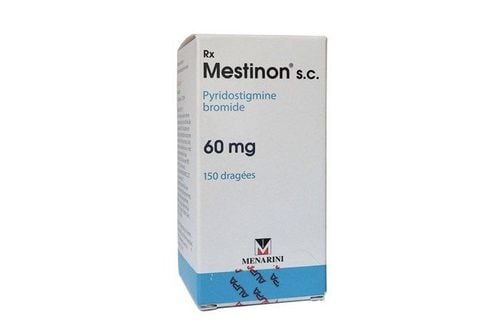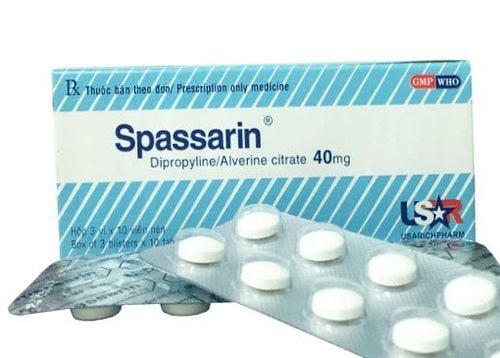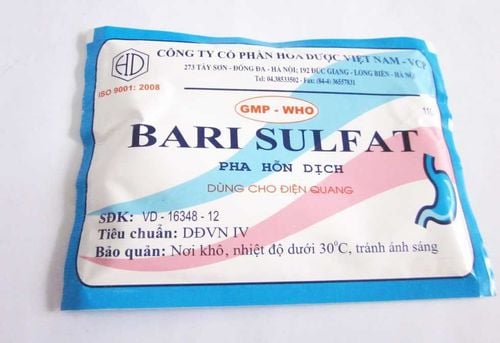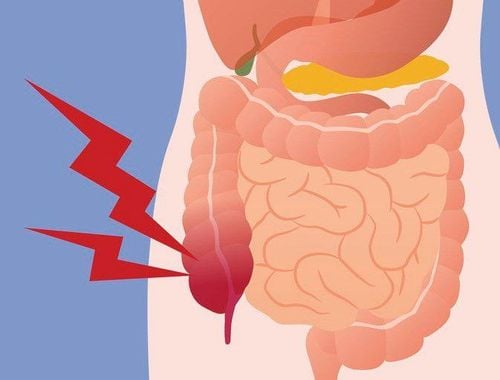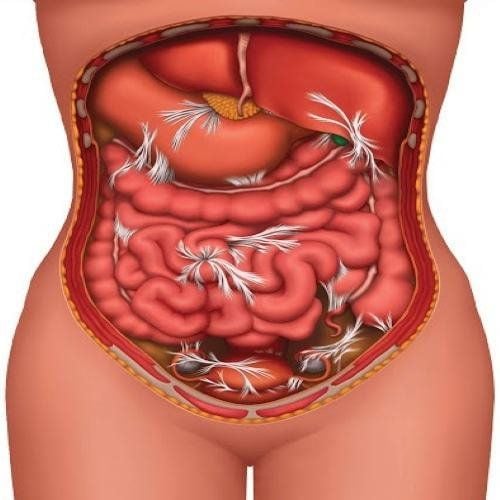This is an automatically translated article.
The article is professionally consulted by Gastroenterologist - Department of Examination & Internal Medicine - Vinmec Hai Phong International General HospitalIntra-abdominal adhesions are common complications after surgery, which can be potentially dangerous due to gastrointestinal obstruction, vascular occlusion, urinary retention, menstrual disorders, infertility or even bowel necrosis.
1. What is an intra-abdominal adhesion?
Intra-abdominal adhesions are adhesions of the intestines to the abdominal wall, adhesion of organs together due to scar tissue forming between organs and causing adhesions. Adhesions can occur inside the intestines, inside the uterus, or between the surfaces of the viscera and the peritoneum. Adhesive potential danger is close by blocking the passage of food, clogging blood vessels, causing abdominal pain, flatulence, constipation, urinary retention, menstrual disorders, infertility, intestinal necrosis.Normally, the tissues inside the abdominal wall and abdominal organs have smooth surfaces so that they do not stick together when the body moves. However, when bands of scar tissue appear between tissues and abdominal organs, it can cause tissues and organs to stick together.
Is the disease in the abdomen dangerous? This condition is potentially dangerous because it obstructs the passage of food, occludes blood vessels, and causes many unpredictable complications.
2. Causes of adhesions in the abdomen
Surgery of internal organs (appendiceectomy, gallbladder surgery, cesarean section, kidney stone surgery, intestinal anastomosis): Touching the internal organs, drying the organs and tissues; Using foreign objects such as dressings, needles, surgical gloves, ... in contact with internal tissues; Have blood or clots that were not washed away during surgery; Due to inflammation not related to surgery: Radiation treatment for cancer; Appendiceal rupture; Abortion procedure: Intrauterine adhesions; Abdominal infections: Appendicitis, small intestine, large intestine; Gynecological infections: Inflammation of the uterus, inflammation of the ovaries, cystitis, urinary tract infections, ...
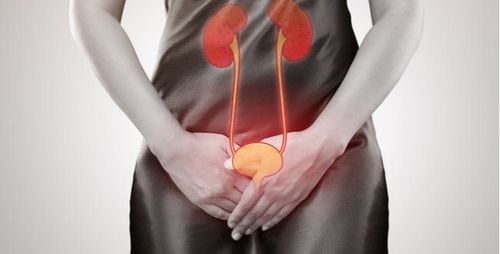
Viêm nhiễm đường tiết niệu có thể dẫn tới tình trạng dính trong ổ bụng
3. Symptoms
Symptoms of intra-abdominal adhesions depend on the site of adhesions and complications. Common symptoms are:Acute or chronic abdominal pain, occasional or frequent pain. If the adhesion area on the liver can cause pain when taking a deep breath, intestinal adhesions cause pain when stretching, reaching...; Acute or chronic pelvic pain, if the adhesion site is close to the vagina, it may cause pain during intercourse; Loss of appetite, nausea; Related disorders: Infertility, gastroesophageal reflux disease, frequent urination or urinary retention, pain when walking, sitting or lying down, anemia or nutrient deficiency, loss of appetite, depression, etc.
4. Complications due to adhesions in the abdomen
Patients with adhesions in the abdomen, if not detected and treated promptly, will have the risk of experiencing the following complications:Intestinal obstruction: May cause symptoms of abdominal pain, nausea and vomiting. defecation, abdominal distension, fever due to enteritis.... Necrosis of the intestine: Intestinal adhesions can cause the intestine to twist along its axis, obstruct the blood supply blood vessels, even necrosis. When having intestinal necrosis, the patient has symptoms of severe abdominal pain, nausea, vomiting, bloody stools... Vaginal adhesions: Bacterial vaginosis, a rash can cause adhesions to the vagina or baby's lips. in women; Ectopic pregnancy due to adhesions in the fallopian tubes; Infertility due to adhesions in the uterus or fallopian tubes.

Dính trong ổ bụng không được phát hiện và điều trị kịp thời dễ gây nhiều biến chứng nghiêm trọng
5. Diagnosis and treatment
5.1 Diagnosis Preparatory ultrasound and X-ray (barium drink): Detect small bowel adhesions and barium enema, detect colonic adhesions; Computed tomography: Can detect adhesions outside the intestine; Magnetic resonance imaging: Can detect adhesions inside and outside the intestines, uterine adhesions; Laparoscopy: Allows to see adhesions outside the intestine; Hysteroscopy: May detect uterine adhesions; Contrast hysterosalpingogram: Can detect adhesions in the uterus and fallopian tubes; Abdominal X-ray, lower gastrointestinal endoscopy, or CT scan can detect intestinal obstruction due to adhesions to the abdominal wall. 5.2 Treatment Surgery is often the only method to treat intra-abdominal adhesions.However, some cases can be treated medically, depending on the cause and extent.
6. How to prevent sticking in the abdomen
This condition can be prevented by measures including:Minimally invasive surgical techniques such as laparoscopy should be performed instead of open surgery. During surgery, the doctor should limit his handling of tissues. Avoid using surgical gloves containing starch or talc during surgery. Use hypoallergenic surgical sutures. Use wet gauze to prevent surface dryness during surgery. Attach non-stick pads to separate organs during and after surgery. Avoid repeating de-adhesion because each surgery increases the risk of new adhesions. Have a balanced diet, full of nutrients during the recovery period after surgery. Follow the doctor's instructions on post-operative care, follow-up appointments on time so that the doctor can monitor your health status, promptly detect complications for immediate treatment.
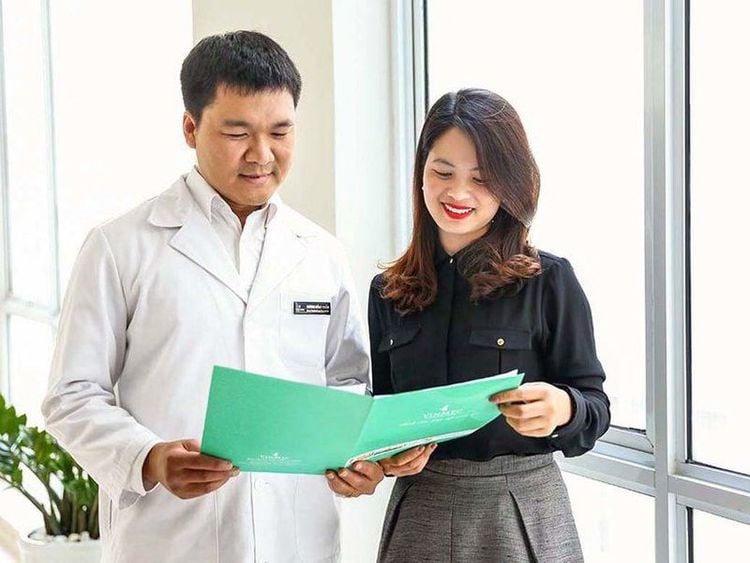
Người bệnh nên tái khám định kỳ theo lịch hẹn của bác sĩ để được theo dõi sức khỏe tốt nhất
Please dial HOTLINE for more information or register for an appointment HERE. Download MyVinmec app to make appointments faster and to manage your bookings easily.




